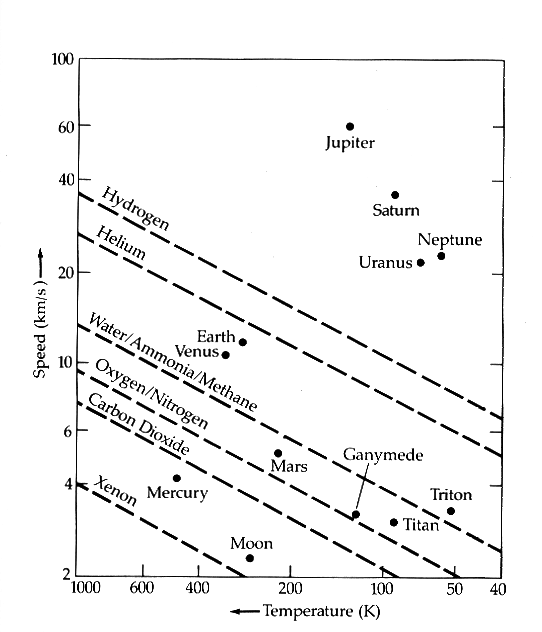The gravity seems right. I'll focus on the other side: density. It should be obvious that such a planet has to be very dense - but how dense, exactly?
First, specific figures on the gravity: Earth's diameter is about 12740 km, so the gravity of Harvest as compared to Earth would be about 0.09*(12740/4012)^2... since 12740/4012 is approximately 3.175, this comes to (roughly) 0.91.
For a result of 0.998 (as in the wiki), we need the mass to be 0.998/(3.175)^2, or about 9.89 percent Earth's. This can be easily rendered as "9 percent" if rounded down to the nearest integer (where's that figure from anyway? I couldn't find it in the linked article); I will use this figure in the following calculations (the other figure makes the density about 10% less, but doesn't change the conclusion much).
Now for the density. A planet the same density as Earth and 3.175 times smaller diameter would have a mass (3.175)^3 times smaller; combining with the previous, the density needs to be about 3.17 times larger than that of Earth, or 3.17*5.515 - that is to say, about 17.5 - grams per cubic centimeter.
This is an extremely high density for a normal planetary object... for anything, really: that's over 1.5 times the density of lead (11.3 g/cm^3), and only 10% less dense than tungsten and gold (19.3 g/cm^3). It is also about a third more dense than Earth's inner core (13 g/cm^3).
Can a planet with such a high density exist? In principle, yes, but it would pretty much have to be formed artificially. (The Halo universe being what it is, that's not that much of an impossibility.)
Metals so heavy and dense as to create such a planet form naturally almost only in supernovas, and not in especially huge amounts, so they're not particularly common (or, at least, much rarer than the less dense metals). Thus it is unlikely that a planet could have naturally formed consisting of them only (or mostly).
Whether such a planet, once created, could have been habitable is a separate hard question; IMHO, probably not if it somehow formed naturally (or generally if left alone for a long enough time), and all bets are off if it was created artificially and geologically recently (i.e. within the last several million years).

